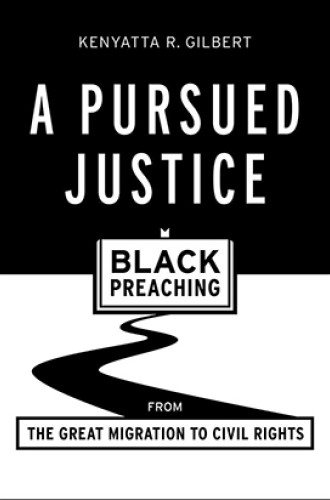Preaching in the promised land
After the Great Migration, some black preachers addressed the issues their white social-gospel counterparts avoided.
How many times must a people sing the Lord’s song in a strange land? For Americans of African descent, the answer is at least two. First they sang their sorrow songs in the Middle Passage and on the fields of plantations and in the hush-harbors of the American South, where the ways of servitude were ground into them. In the South they retained the paradigmatic sketch of a religion and a worldview that included an awe-inspiring deity and the power of nommo, the creative spoken word, which laid the groundwork for their initiation into the religion of Jesus.
More than 100 years later, fueled by Jim Crow and the promise of better wages, the descendants of slaves made another journey and learned to sing a new song in another, equally strange land. From 1916 to 1940, about 1.5 million black men, women, and children left the agricultural South in a massive, leaderless, and often desperate migration to the great cities of the North. They followed three main routes, one from the deep eastern South landing in the cities of New York, Pennsylvania, and New England; another from Alabama, Mississippi, Kentucky, and Tennessee to Chicago and Detroit, and a third from Texas and Louisiana traveling up the western coast to cities in California.
This is the setting of Kenyatta Gilbert’s book. If the first step in producing an interesting book is to ask the right question, Gilbert has admirably succeeded by not limiting himself to the historical circumstances of the Great Migration, which has been superbly explored by Nicholas Lemann (The Promised Land), Isabel Wilkerson (The Warmth of Other Suns), Milton Sernett (Bound for the Promised Land), and several other writers. Gilbert’s questions are theological and homiletical: What were the yearnings and stirrings that produced the migration, and what biblical patterns gave it shape and direction? What was the black church gospel the travelers heard when they finally reached the promised land? What does Christian preaching sound like when uttered amidst the crisis of mass displacement?





